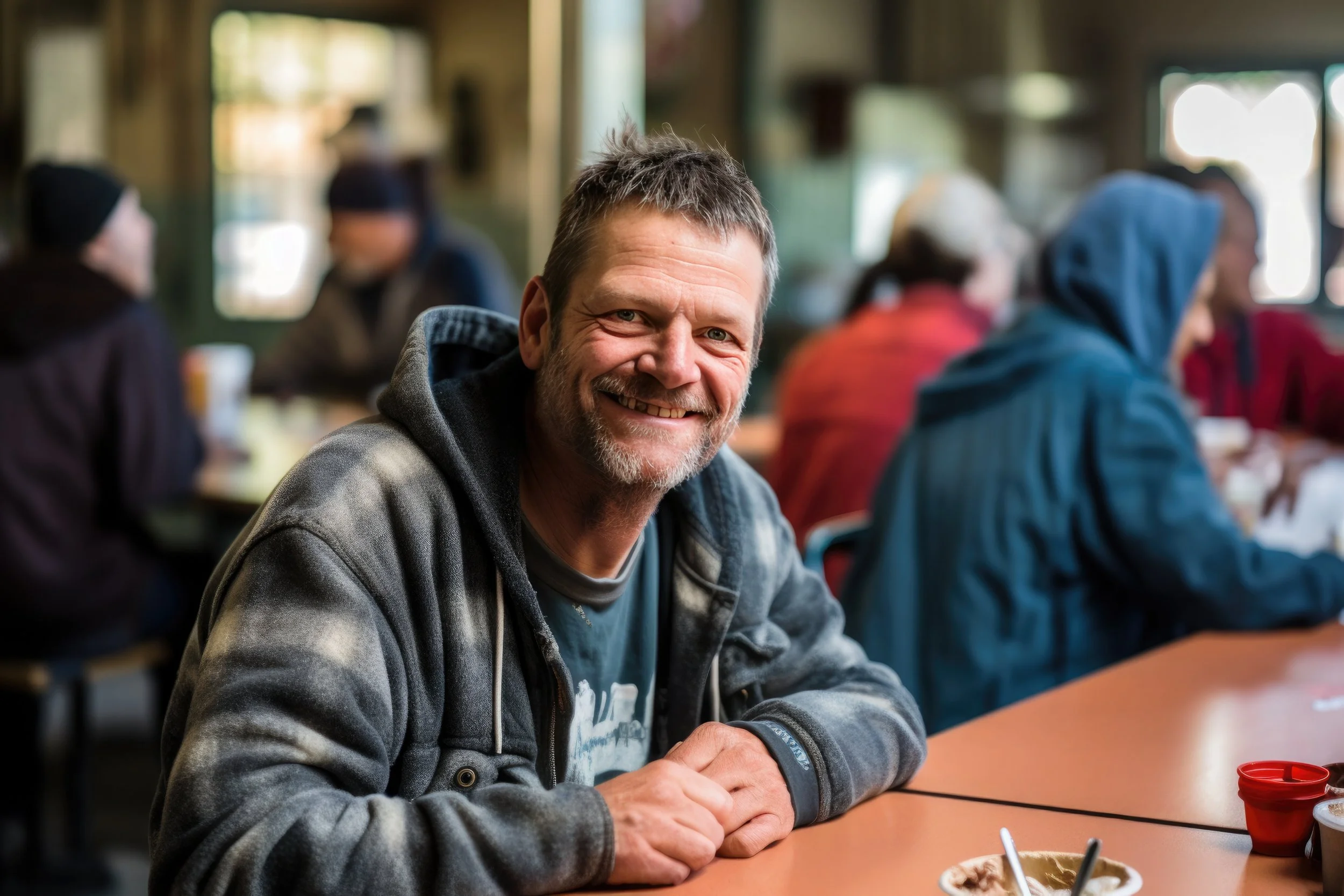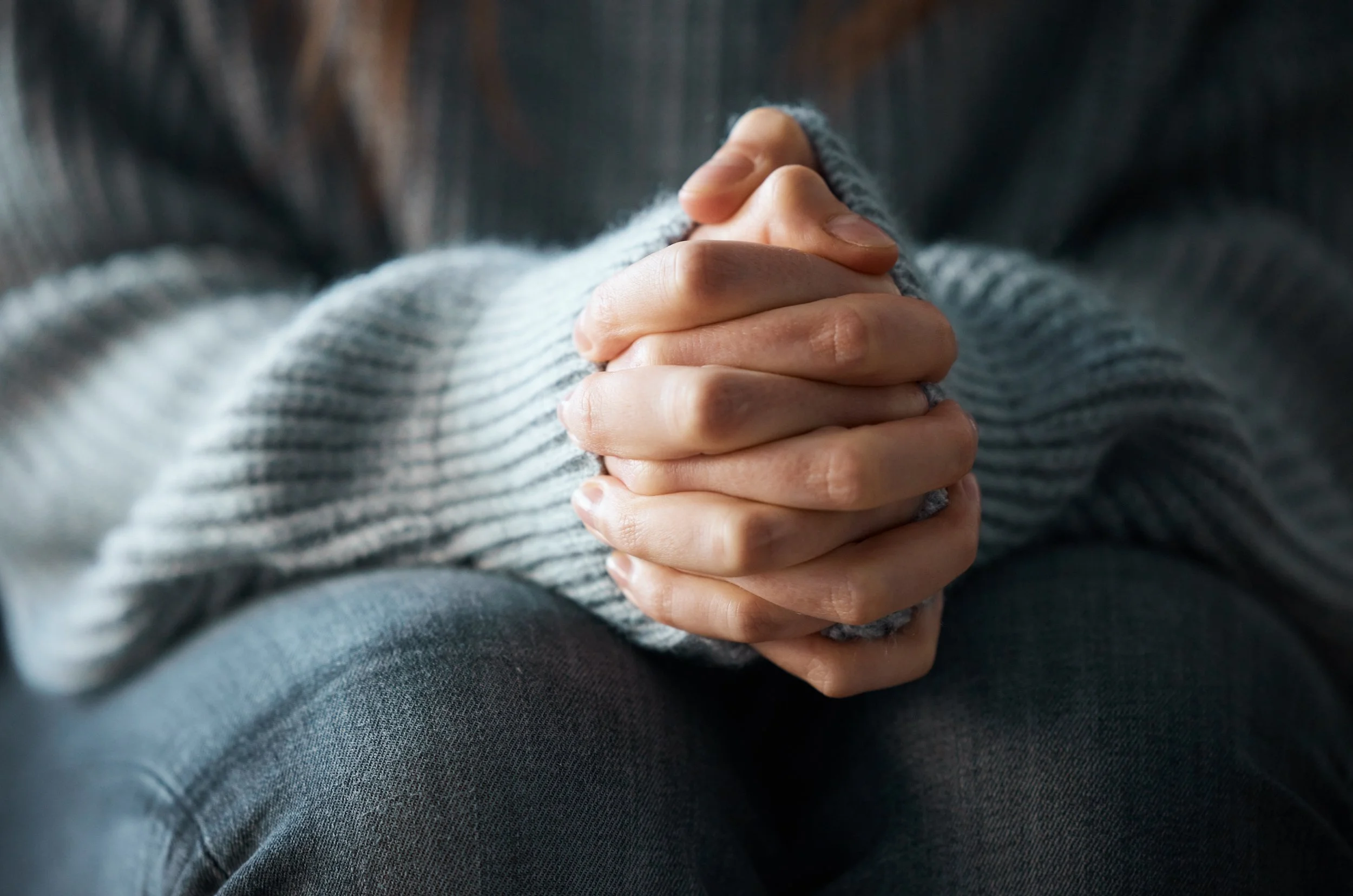Who is most at Risk?
Homelessness can affect anyone — many factors can increase the risk of homelessness:
-
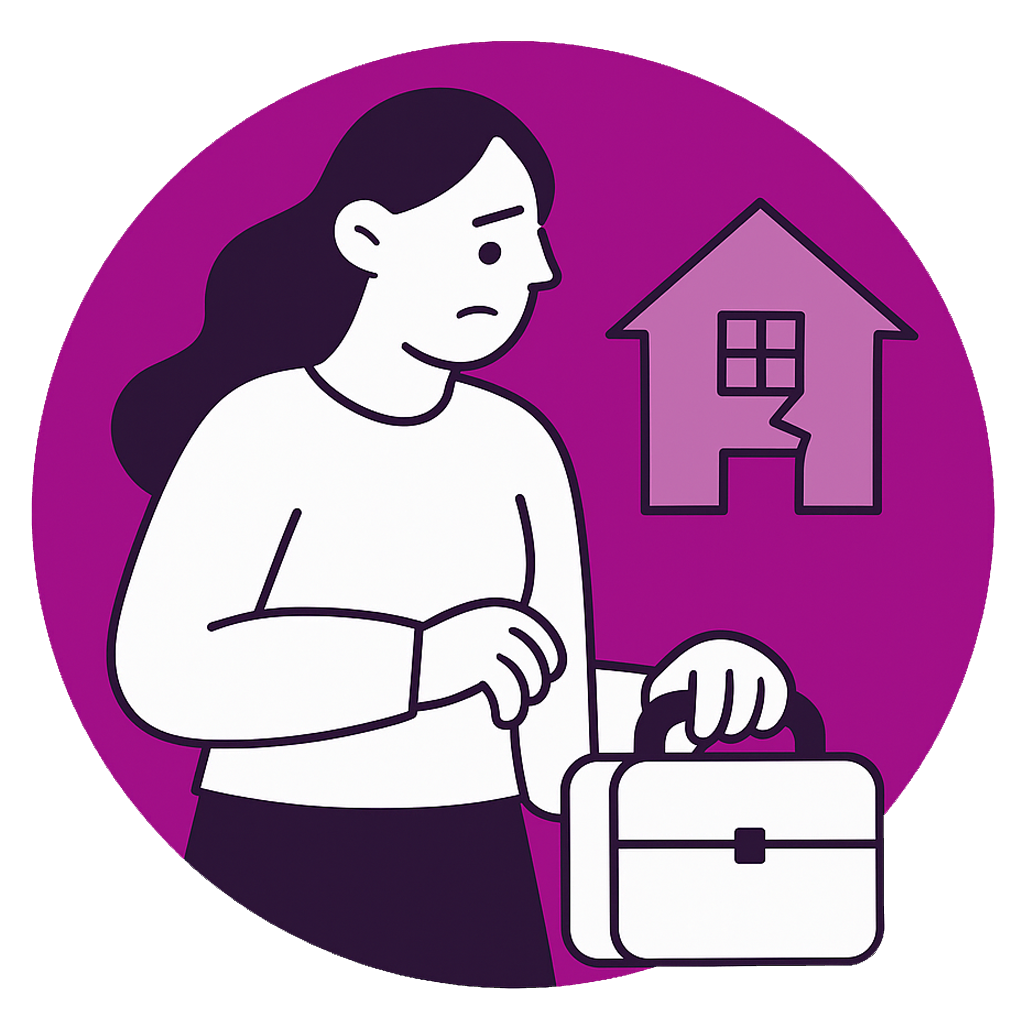
Domestic abuse
Often left with no choice but to leave their homes, many women and children are forced into unsafe or hidden situations, such as sofa-surfing or staying in emergency accommodation.
-
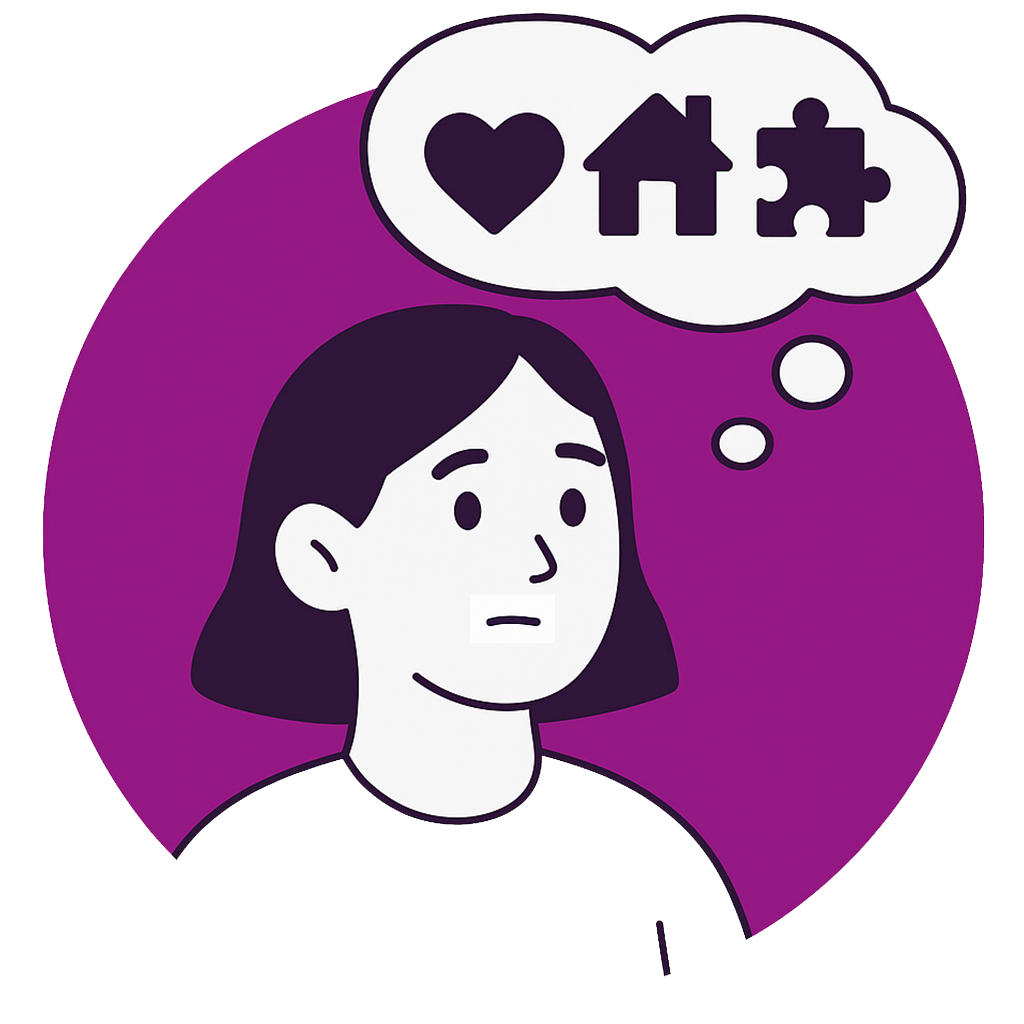
Complex and overlapping health needs
Including mental health, trauma, substance misuse or neurodivergence. When services don’t join up or when support is hard to access, people can fall through the cracks.
-
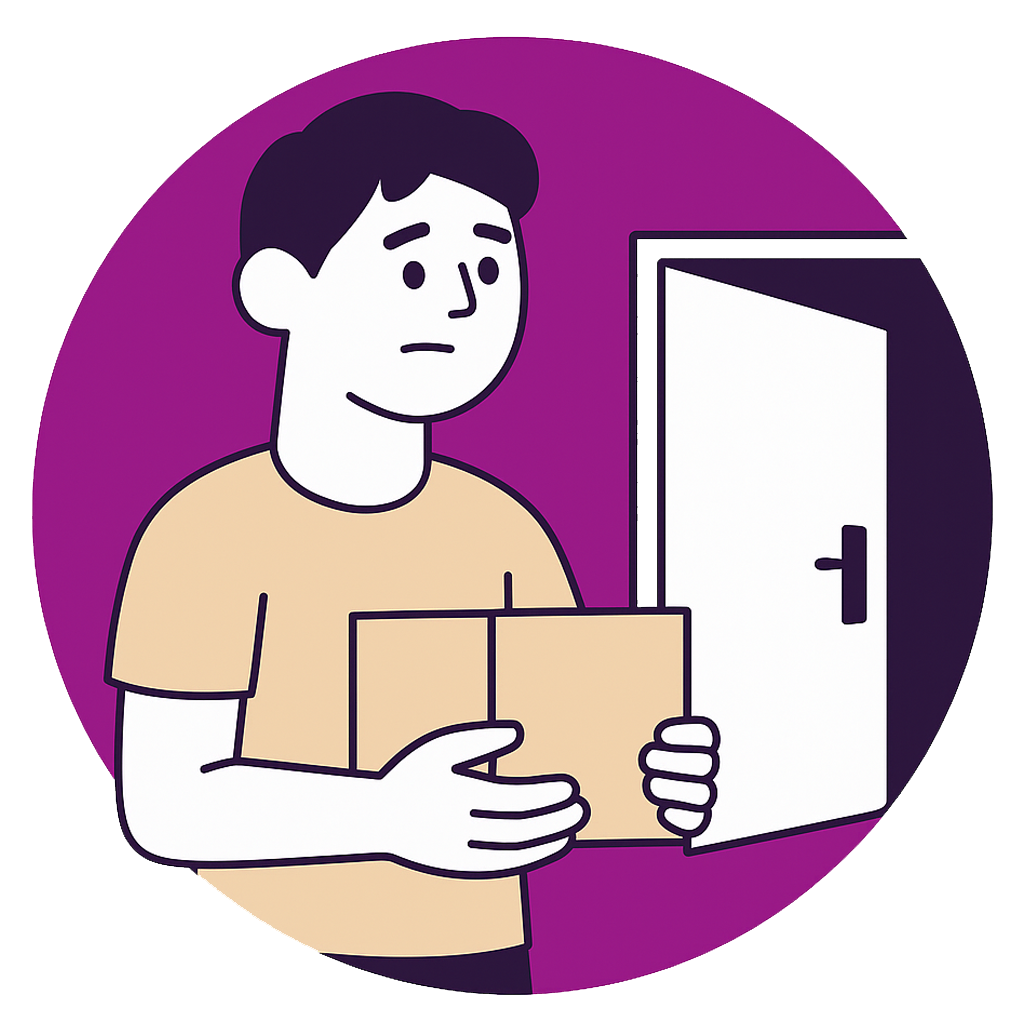
Leaving care
Without strong support networks or long-term housing options, young adults leaving care are more likely to experience homelessness early in life.
-
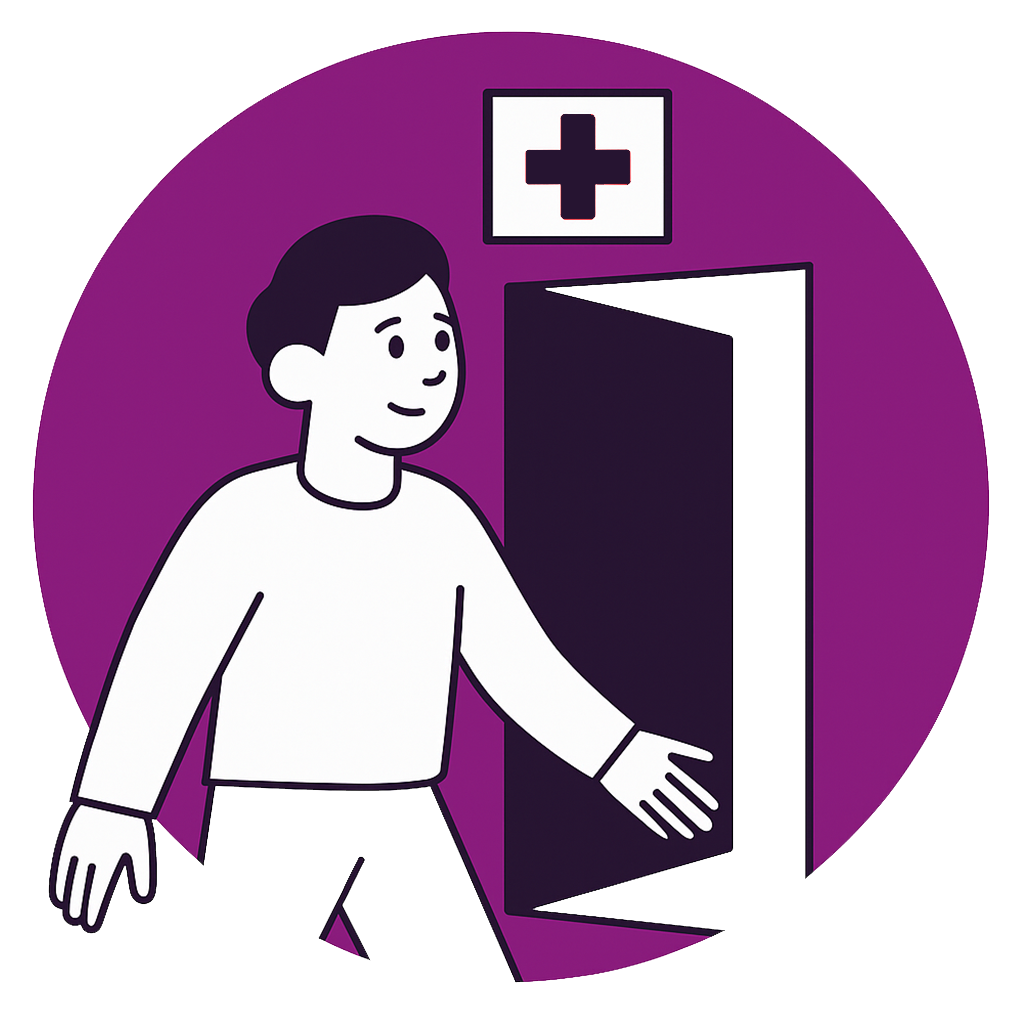
Leaving prison or hospital
When someone leaves an institution without stable housing in place, they may quickly end up sleeping rough or in unsafe, temporary spaces.
-
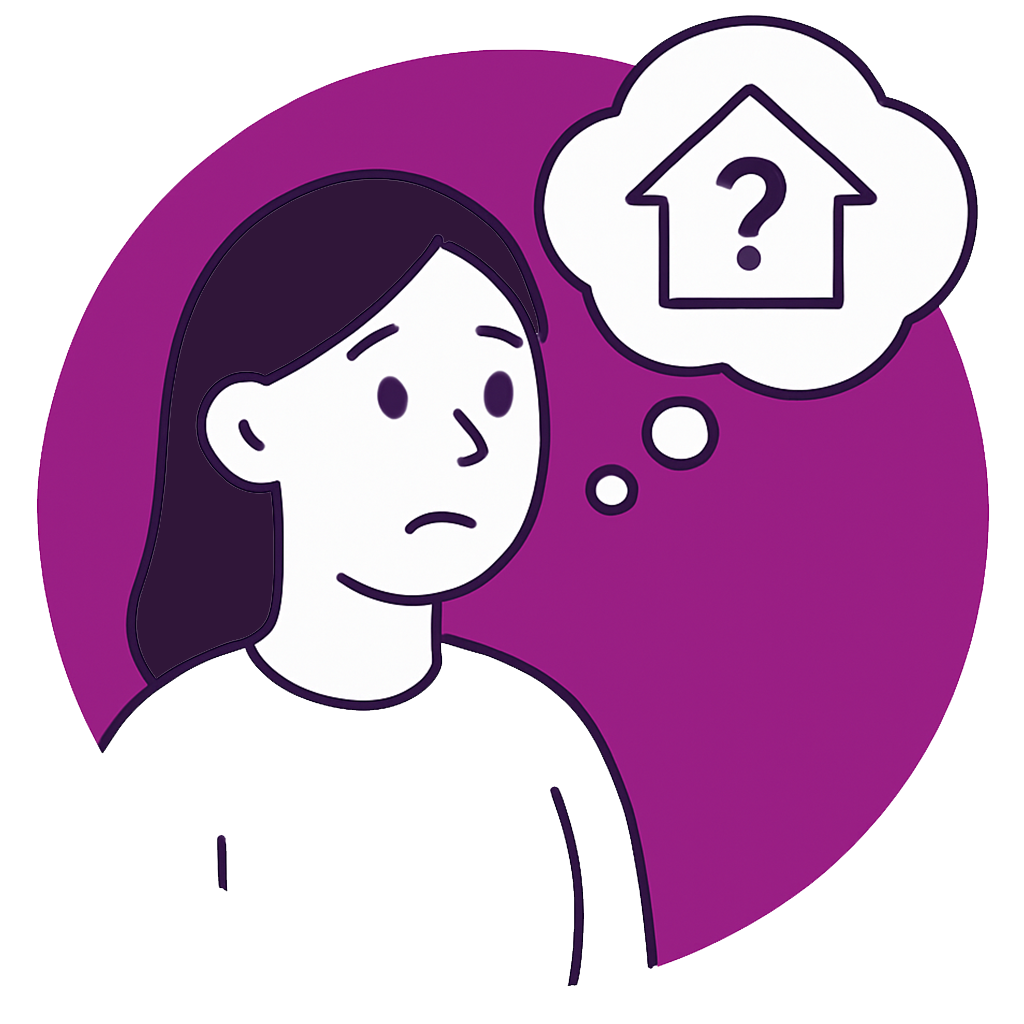
Life Events
Pressures can be made worse by unexpected life events such as losing a job or going through a relationship breakdown.
What is Homelessness?
Homelessness isn’t always visible. It can mean sleeping rough, staying in temporary hostels, or moving from one sofa to another — with no safe place to call your own.
Help Someone
Homelessness is tough — and facing it alone can be overwhelming. But there are ways you can make a real difference in someone’s life, starting today.

